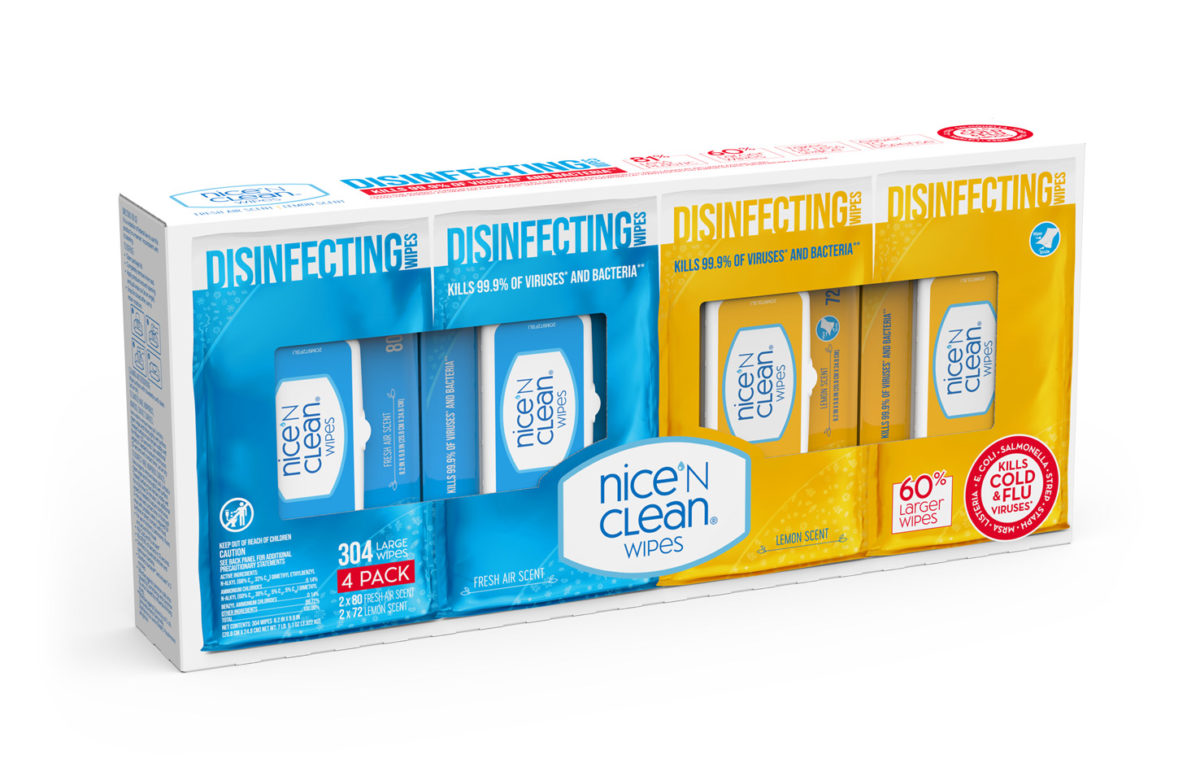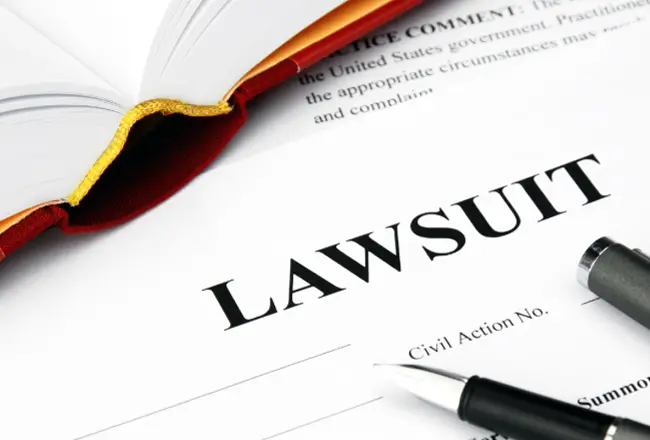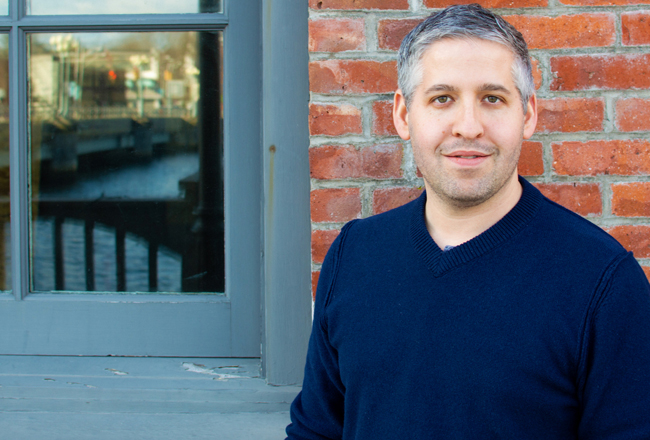In 1957, Arthur Julius invented the first disposable wet napkin, manufacturing his product on a converted food packette packaging machine in a 2,500-square-foot loft in lower Manhattan. Julius created the company Nice-Pak to market the product, which he dubbed Wet-Nap, although consumer reaction to the concept took some time to develop.
Nice-Pak”™s disposable wet napkin first gained momentum in 1962 when Julius and his son Robert met with another aspiring entrepreneur: Col. Harland Sanders, who was beginning to build a national franchise network for his Kentucky Fried Chicken restaurant. The elder Julius noted Sanders”™ slogan “It”™s Finger Lickin”™ Good” and suggested that perhaps having a Wet-Nap available might offer a more sanitary solution for cleaning fingers. Sanders loved the idea and immediately placed an order for Wet-Nap to be featured in his restaurants, thus introducing Nice-Pak to a national audience.
 Robert Julius continues to run the company as CEO ”“ he is also chairman of Professional Disposables International, a sister company that produce pre-moistened wipes for the health care and food trade industries. Nice-Pak offers a line of consumer wet wipe products under four different brand names ”“ the original Wet-Nap, Nice ”™N Clean Wipes, Grime Boss and Grime Boss Home. It also manufactures wipes that are sold as private label product by major retail chains including BJ”™s Wholesale Club, Costco and CVS.
Robert Julius continues to run the company as CEO ”“ he is also chairman of Professional Disposables International, a sister company that produce pre-moistened wipes for the health care and food trade industries. Nice-Pak offers a line of consumer wet wipe products under four different brand names ”“ the original Wet-Nap, Nice ”™N Clean Wipes, Grime Boss and Grime Boss Home. It also manufactures wipes that are sold as private label product by major retail chains including BJ”™s Wholesale Club, Costco and CVS.
Julius added that the Orangeburg-headquartered Nice-Pak now has “six plants around the world operating 24/7 producing wipes of all kind.” He also takes pride in detailing how the company changed the health care industry.
“We created the first disinfecting wipe for hospitals in 1987,” Julius said. “In those days people used to walk around with pocketbook alcohol and some cotton balls, but that was not terribly sanitary. We came up with the idea of an alcohol swab, and that became the standard.”
Today, Nice-Pak is in the middle of the fight against Covid-19, with its products being tested to determine their efficacy in eliminating SARS-CoV-2, the virus that causes Covid-19.
“Through our research facilities, we are constantly working on making sure that we can cover, sanitize and disinfect all of the organisms that are continually mutating and developing,” he said. “We had the success against coronavirus, and when Covid surfaced we realized it was just another strain.”
James Dalton, Nice-Pak”™s vice president in charge of research and development, stated the company reached out to Microbac, a contract testing laboratory, when Covid-19 began to take root in this country.
“We wanted to make sure we were one of the first ones to get our product tested,” said Dalton. “We resubmitted our product to run under an EPA protocol. We achieved favorable data and we’ve now submitted that data to the EPA.”
Dalton acknowledged that the EPA approval process is not always speedy, and the company has sought to get the agency to expedite the process in view of the ongoing health and economic crises created by the pandemic.
“When the pandemic broke, the EPA developed a list of disinfectants that they recommend for use against the coronavirus,” Dalton said. “That’s based on having data on another strain of coronavirus. Currently, all of our products are on that list. And once the EPA reviews our Covid-19 data, we will be able to make specific claims on label versus the Covid-19 virus.”
While awaiting word from the EPA, Julius stated that his company is already looking ahead to forecast the next health threat that Nice-Pak can take down.
“We’re always working on next generation products that will have further enhanced efficacy,” he said. “We’re really trying to anticipate where the next bacteria viruses might emerge from and what they will look like.”






















